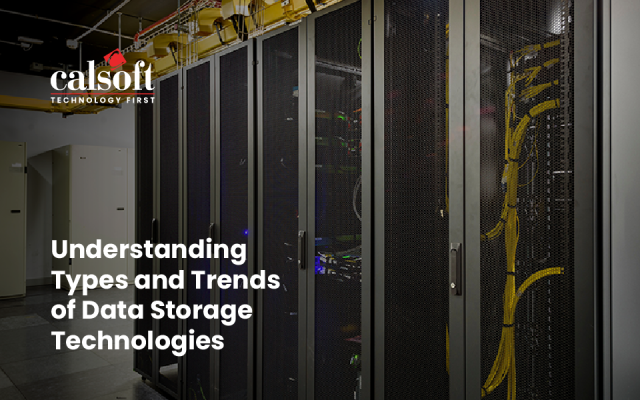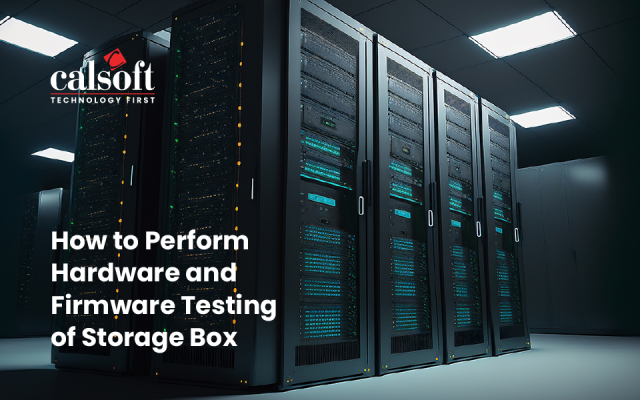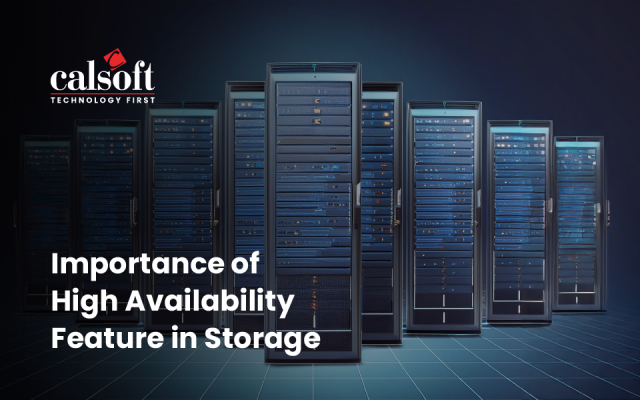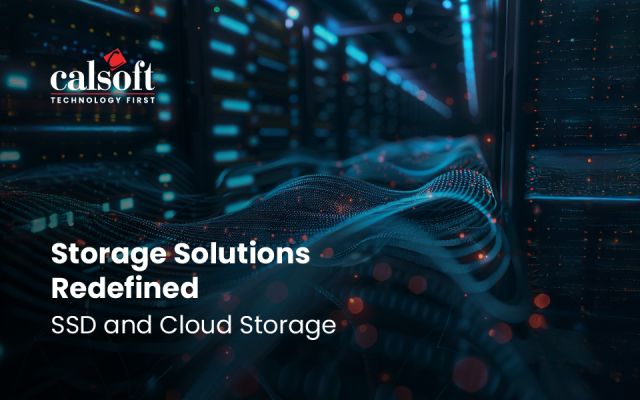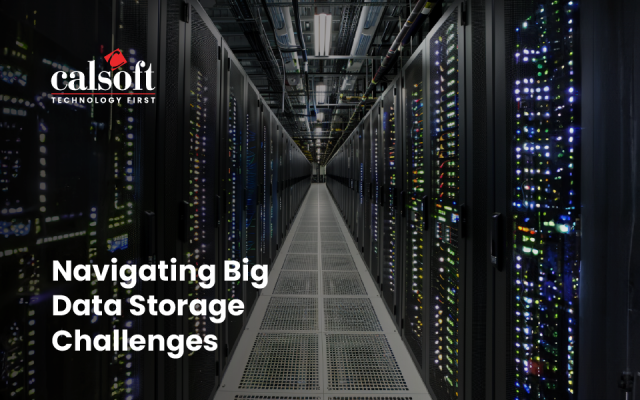Acknowledging the competitive advantages that cloud provides, enterprises are increasingly preferring cloud storage over on-premise storage. Cloud enables remote access for storing data from anywhere provided the system has steady Internet connectivity. The cloud storage market is expected to grow from USD 32.72 Bn in 2019 to USD 106.71 Bn by 2024, at the compound annual growth rate (CAGR) of 23.76% over the forecast period.
Data is taking on prime importance for businesses seeking to align themselves to the market needs. While cloud improves data accessibility, management of data is an altogether different ball game.
Challenges in Cloud Storage that can Derail Business Goals
Cloud storage offers various advantages over on-premise and other storage technologies, but enterprises are facing challenges due to increased costs, complexities, and data management. Let’s dig deeper to understand the challenges in depth.
Cloud Complexity: Cloud storage might seem simple when it comes to quick provisioning and resource consumption, but improper planning, designing, testing, and implementation can worsen the cloud complexities. These factors should be considered before cloud deployment to simplify cloud infrastructure.
Cloud Integration: Storing data on the cloud doesn’t ease the process of data interaction with the rest of the environment. The deployed cloud needs to be integrated with the associated infrastructure and network securely.
Cloud Security: Cloud stores data in a shared environment, and often the providers safeguard the separation with added security features depending on the tenant’s requirements. But tenants must also ensure the threat protection and data encryption processes are functioning correctly for additional security.
Data Movement: Data can come in various formats and sizes, and hence cloud storage experiences data movement complexities while transferring data from the cloud. This requires design-level prevention to avoid future data movement challenges.
Associated Costs: Although enterprises are adopting cloud due to low operating costs, but several unexpected costs could creep in order to keep the cloud services going. Proper planning and expert guidance can help resolve this issue.
Bubble-wrap Your Cloud Storage Strategy for Better Results
Cloud storage brings certain pros and cons that can build or ruin the best of business strategies. To avoid cloud pitfalls and gain the maximum advantage of the cloud solutions, enterprises must consider how well the cloud fits in with the existing infrastructure. To simplify the process of selecting a suitable cloud storage option to meet your business requirements, we have put together a few key considerations that can help in better decision making.
Technologies & Support: Assess the storage requirements for your business and map the existing infrastructure with the needs. This will help in aligning the cloud platform with the existing environment. Any cloud transition depends on organization’s budget policy. Infrastructure-level changes can add to the costs during this transition, while a simple public cloud storage provider will charge nominally. The other important factor to be considered is after-Sales support and assistance from the provider.
Security: While evaluating a cloud provider, security should remain at the forefront. Cloud platforms should strictly provide access to only authorized users and block unauthorized attempts. Before choosing any service provider cloud security policies, compliance with standards and SLAs must be thoroughly evaluated. Cloud security is not enough; the provider should also protect the process of data movement to avoid any data breaches.
Backup & Recovery: In case of any unexpected failure, maintenance issues, or other catastrophic events, a cloud provider should be able to recover the data quickly with zero downtime. While evaluating this feature, enterprises must check for backup intervals, techniques, and locations. Study the provider’s terms and conditions pertaining to backup and recovery thoroughly, and check whether they match your needs.
Reliability & Performance: Zero downtimes could be a myth, but enterprises must evaluate the cloud provider by verifying their data provisions, handling processes, and techniques for data recovery during any unexpected and inevitable events. Their approach towards such events can become a decision-making point for you.
Scalability & Pricing: A cloud platform should be able to scale up and scale down depending on the user requirements. If this is one of the major constraints for your business, you should opt for a scalable cloud that will automatically scale the capacity and resources with consumption-based charges. Nevertheless, the pricing structure of the provider must be evaluated as the price can vary drastically. Cloud costs include capacity costs, operations costs, networking and egress costs, disaster recovery costs, cloud management costs, and more. Give a good check to the terms and conditions before reaching a decision and zeroing in on a cloud provider that aligns with your storage strategies.
For a more personalized and one-on-one consultations for strategizing cloud storage and selecting the best-suited cloud service provider, talk to our cloud experts for free.
Request a call back.
You can also subscribe to our Monthly Newsletter “Hyphen” to get similar updates and tips around the latest industry concerns and solutions.
References: Storage Pitfalls | Cloud Storage | Storage Market | Future of Cloud Storage


